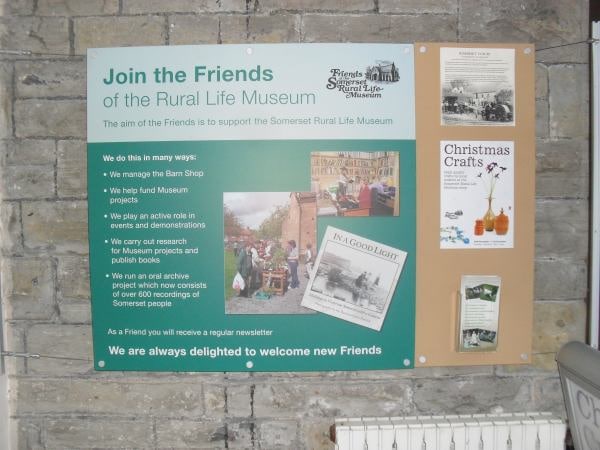 Client: Somerset County Council
Client: Somerset County Council
Somerset Rural Life Museum is located in Glastonbury and managed by Somerset County Council. The museum is set within a Victorian farm house and 14th Century Abbey Barn.
Museums are facing a challenging future with cuts to core funding streams, loss of experienced and highly skilled staff and volunteers and changing expectations of visitors. Planning Solutions was commissioned to work with Somerset Rural Life Museum to identify and evaluate approaches to increasing visitor numbers, enhancing the museum visitor experience and increasing income generation without impacting on the qualities that make the museum a special place to visit.
Our work included:
- A site visit and assessment of the visitor experience
- Consultation with staff and volunteers
- Review of financial performance
- Assessment of visitor numbers and trends
- Analysis of the market place
- Reviewing operational data including visitor income and cost trends
- Identifying key income generating opportunities to help ensure the long-term financial sustainability of the Museum
A development action plan was prepared, which set out a clear number of actions, categorised under three thematic areas:
- Product development and the visitor experience
- Operational and financial considerations
- Marketing initiatives to broaden appeal and engage with new audiences
The individual actions were prioritised and the associated capital costs were identified.
A key element of our work assessed opportunities in respect of income generation, to help ensure the long-term financial sustainability of the Museum. These included
- Retail and merchandising
- Online sales
- Admissions
- Catering
- Membership sales
- Special exhibitions
- Events
- Donations and legacies
- Functions
- Corporate sponsorship
As part of this project we also reviewed six other museums across Somerset along with an archive centre. From this emerged a number of common actions which were applicable to two or more of the participating museums. These included:
- Sharing skills, resources and professional support
- Joint marketing initiatives, including customer research
- Joint buying and merchandising guides
- Volunteer management, organisation and recruitment
- Membership initiatives
We also managed a small grant fund to help pay for some project based initiatives. A key output was organising a ‘Museum Summit’ for participating sites to share our findings and key lessons from benchmarked examples of best practice.
How can we help?
If you manage a museum or heritage centre or archive and are seeking ways to identify and evaluate future opportunities, please feel free to call Richard Linington 023 9248 1999 or email richard@pslplan.co.uk
